With it being Earth Day today, it is a reminder the earth should always be on our mind. Our planet is changing every day and we all want to be on the right side of history. We believe this is possible. There are small changes we can make every day that have a ripple effect, like reducing our meat and dairy consumption, buying more organic food, turning down the heat, taking a shorter shower and the list goes on.
In light of Earth Day, and because we’re a food based business and farm, we’re going to focus on organic food and the benefits of organic. Organic food can be more expensive but as the demand goes up and more farms transition, the increased volume can lead to efficiency and help reduce the cost. Right now, there are far fewer organic farms than conventional, meaning we’re paying a premium because there just isn’t enough! So how do we justify buying organic food at a higher price? How much would you pay to reduce your risk of disease by say 10%, 20%, 30%, 50%? I’m not a scientist but I do follow studies on pesticides, herbicides, fungicides, and they’re not good. One day as a society, we’ll look back on the lifetimes of exposure to these chemicals and be appalled. Many European countries are already in this phase of reducing and banning pesticide use.
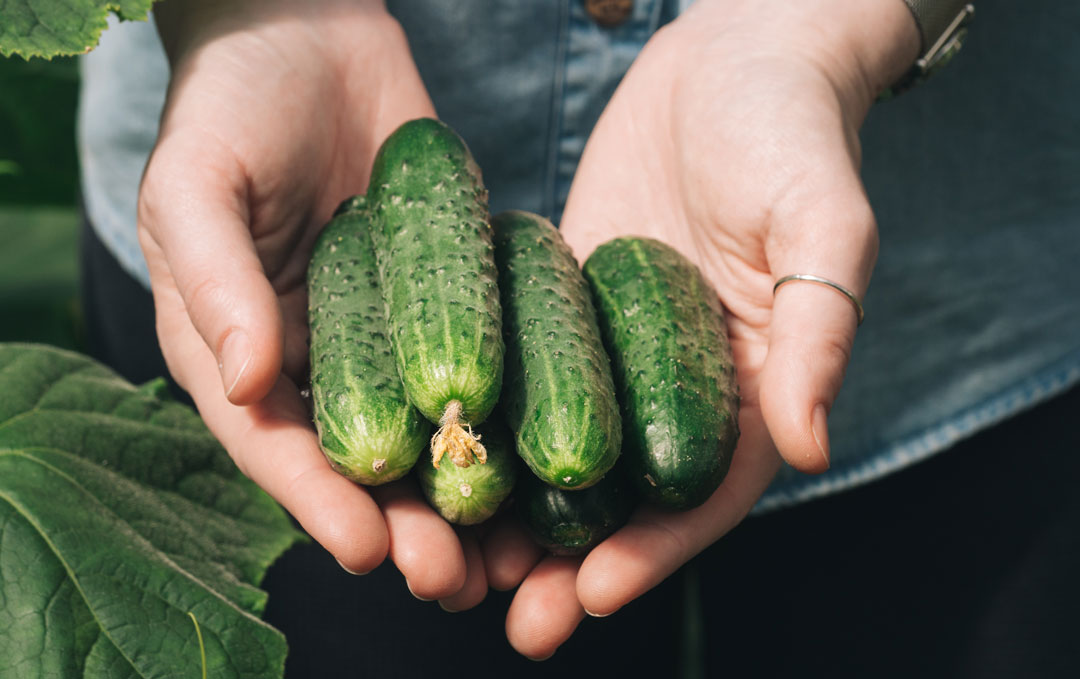
When we buy organic food we’re not only buying less contaminated food, (no it’s not perfect, but it’s about 90% better than conventional) but we are supporting farmers that inevitably contribute to a healthier planet and future through more sustainable practices. This means fewer pollutants that affect our waterways, atmosphere, local animal population, soil degradation, and so on. Now, there are varying degrees of sustainability, however, when compared to conventional farming, organic farming has a much smaller negative impact on pollinators, animals and the environment, full stop.
For us, becoming an organic company and farm was never a question. It’s important that while we’re creating consumer products, we’re doing everything in our power to reduce our footprint. This post is to share a perspective, not judgment. Organic food can be more expensive but not always. When it comes to bargain shopping that’s me, all the way. I calculate the cost per gram or ounce, and I buy organic food that’s in season or on sale. I also always ask myself, am I really questioning buying this $7 cauliflower when just this week I bought a $7 coffee or gave a $7 tip to door dash? This is a post about what we can do to become more thoughtful about our purchases and how a $7 cauliflower may feel like a negative hit to your wallet, but it actually has a diffusing positive impact on your health, the planet and the future.
Again, this isn’t a post to criticize only to enlighten. We all buy many different conventional products and there are amazing conventional brands but with the changing times, so must we. It’s time to learn, grow and make changes when possible.
Below are some key points on the benefits of organic farming and the impact of buying organic food.
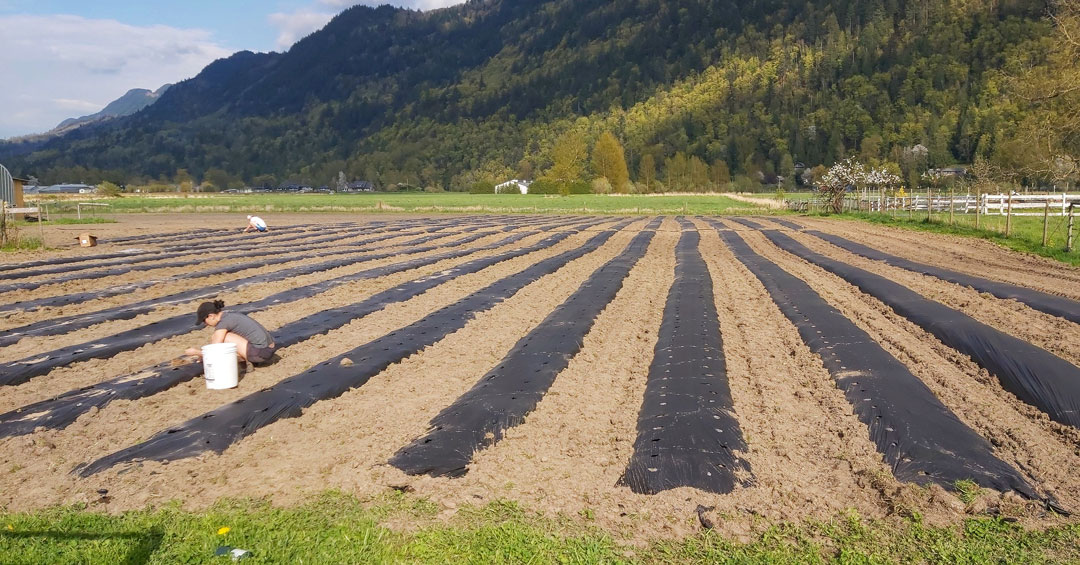
What is Organic?
Organic refers to the way agricultural products are produced. It means that they are grown and processed without harming wildlife or the environment. Fruits, vegetables, meat and certain materials can all be grown using organic farming methods.
In Canada, organic farms cannot use any synthetic pesticides, herbicides or fertilizers on crops. Antibiotics, drugs and synthetic hormones cannot be used on livestock raised for organic meats. And organic products cannot have GMO’s (genetically modified organisms), artificial flavours, colouring, preservatives or processing aids.

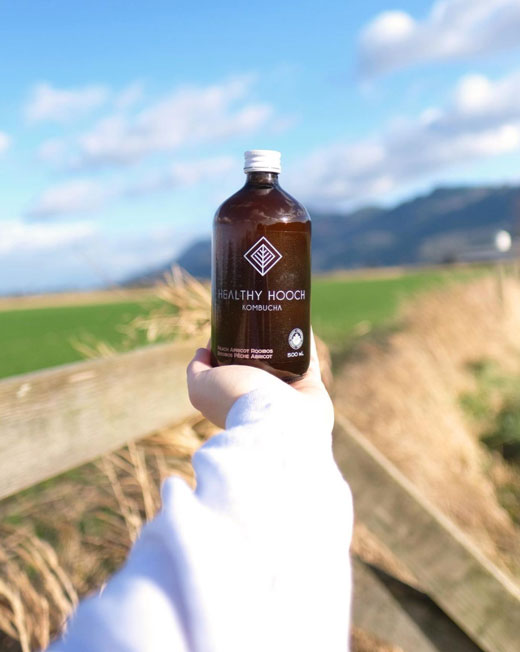
What Does Certified Organic?
In Canada, for a product to be labelled organic, organically raised, organically grown, organically produced, or have the Canadian organic logo on the packaging, it must contain 95% or more organic ingredients, and if there are non-organic ingredients they must go through an appeal for allowance if the ingredients aren’t available organic. Organic products must also be certified through an accredited certification agency, and the name of the agency must be displayed on the label.
Healthy Hooch Kombucha is certified organic by BCARA (BC Association for Regenerative Agriculture). Organic certification holds us accountable. It ensures that every step of the manufacturing process is assessed to protect and maintain organic integrity. BCARA conducts in-depth inspections at least once a year of our entire operation. This includes the ingredients we use, sanitization and cleaning products, production methods and business practices.
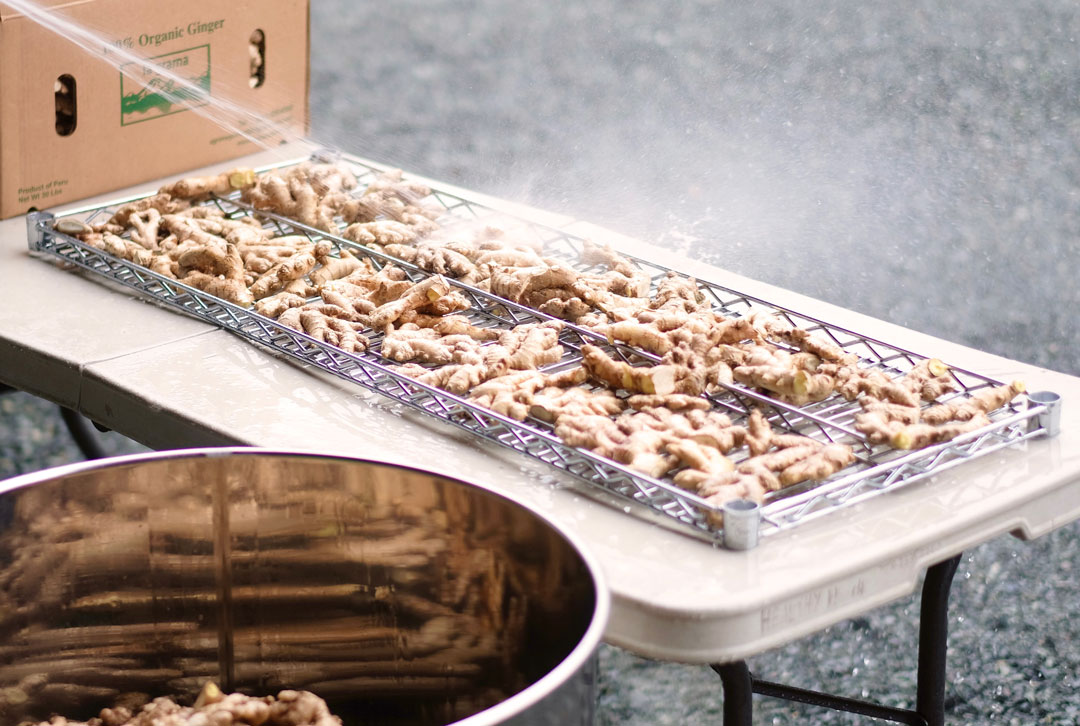
Benefits of Organic
Organic is better for the environment and our health for many reasons. Below are a few of the main benefits of organic farming and food.
- Reduces pollution
- Protects waterways
- Uses less energy
- Improves soil
- Conserves water
- Protects pollinators
- Fewer pesticides
- Free of antibiotics & synthetic hormones
- No GMO’s
Reduces Pollution
Organic farming focuses on natural farming practices that create less pollution, conserve water, use less energy and improve soil fertilization. No harmful pesticides are ending up in the air or water.
Protects Waterways
Pesticides used in conventional farming can cause harm to nearby wildlife, like fish or animals, and the environment by contaminating groundwater, rivers, lakes, and oceans.
Uses Less Energy
Less energy is used because it eliminates the need for synthetic fertilizers, which are produced with fossil fuels. Organic agriculture systems also absorb and retain large amounts of carbon. This is important because it reduces carbon in the air, which has an impact on global warming.
Conserves Water
Organic farming methods create healthier soil that is more resilient to soil erosion and drought. This means healthy soil needs less water, and it’s not being pulled from our freshwater resources.
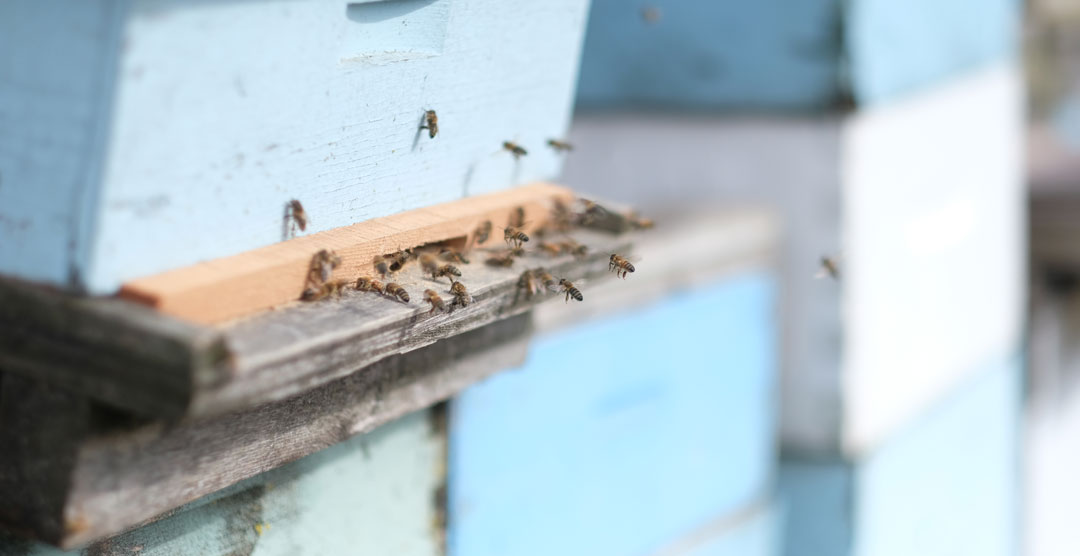
Improves Soil
Healthy soil is also richer in biodiversity, like worms and arthropods that improve soil structure and water filtration. Organically farmed soil keeps improving over time, making it a more sustainable option in the long run. Soil exposed to pesticides and synthetic fertilizers will eventually become overloaded with toxic chemicals making it unusable.
Protects Pollinators
Pollinating insects are endangered worldwide, and organic farming helps protect them because it eliminates the use of toxic chemicals. Synthetic pesticides, herbicides, and fertilizers are killing off pollinators like bees, wasps, and butterflies at an alarming rate. Pollinators help grow our crops, plants and flowers, contributing to the diverse ecosystems around us.
Fresher & More Flavourful
Organic food is often fresher and more flavourful. Organic food doesn’t contain artificial preservatives, so a lot of the time it’s grown closer to home reducing shipping time and distance. The soil also makes a difference in the way the food tastes. It has more nutrients, and just like humans, plants need healthy nutrients to grow and flourish.
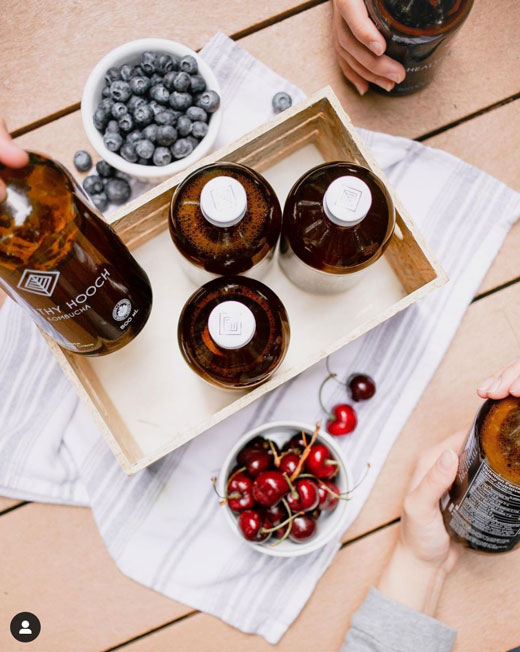
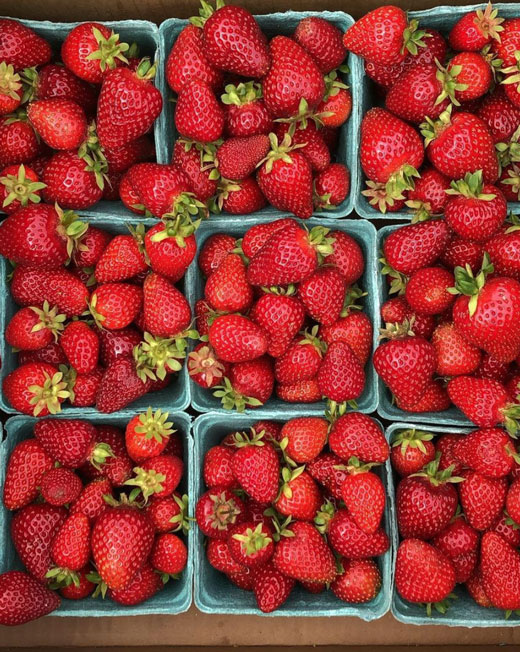
Contains More Nutrients
Organic food may contain more nutrients. Some studies suggest that organically grown food has more antioxidants, minerals and vitamins. Organic milk, dairy products and meat have a higher level of Omega-3 fatty acids.
Free of Antibiotics & Synthetic Hormones
Livestock raised for organic meat and dairy are not given antibiotics or synthetic hormones. This is a concern because of the rise in antibiotic-resistant bacteria, which could become harmful to human health.
Fewer Pesticides
Studies show organic foods have fewer pesticides than their conventionally grown counterparts. Organic farming also means that less toxic chemicals from pesticides are ending up in the air.
No GMO’S
80% of the genetically modified crops have been altered to make them more resistant to toxic herbicides. Some herbicides have been linked to cancer and may even affect your gut bacteria because of the ingredients in them. Glyphosate (round-up), in particular, has been discussed in several studies.






0 Comments